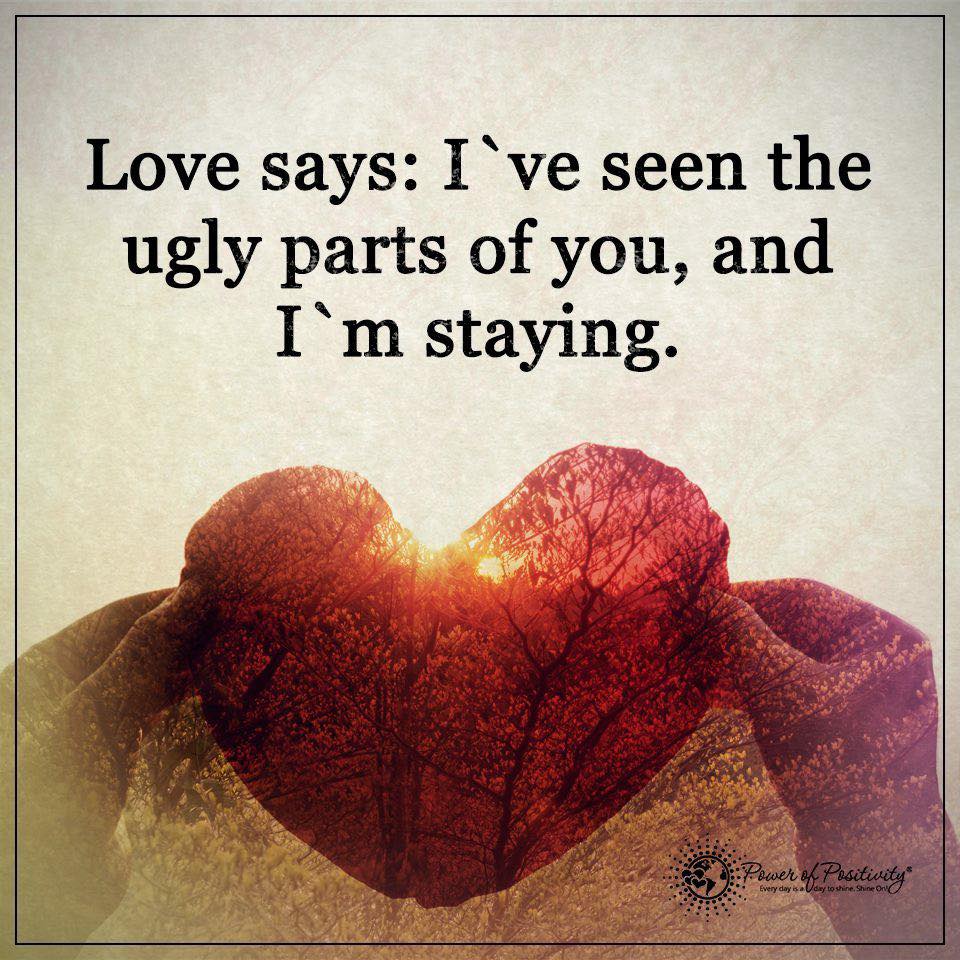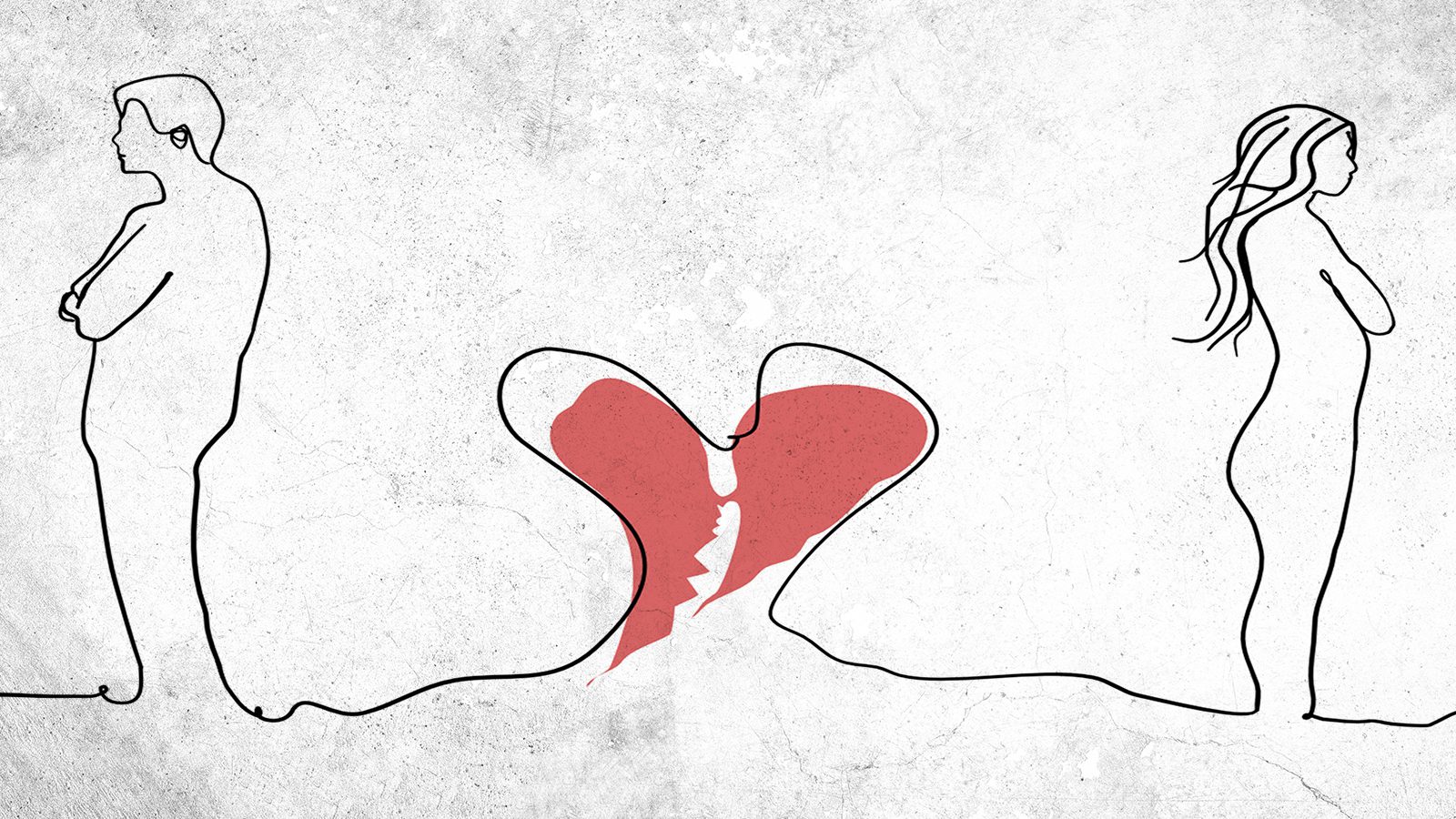Relationships have their fair share of rough patches. However, when they begin, everything is sunshine and rainbows, and fights and arguments become more commonplace as time progresses. While this progression doesn’t necessarily indicate a failing relationship, it can be a warning sign. If allowed to escalate, it’s a massive cause for concern.
In a failing relationship, you stop being your best self. You start to make each other feel like you aren’t good enough. You lose your sense of self and begin to avoid each other to avoid conflict. All of these signal the beginning of the end – but can you stop yourselves from going further down that path? Here are three signs it’s worth it to save a failing relationship.
1 – Your Arguments And Anger Are Misdirected
Arguments happen even in healthy relationships, but with a caveat: healthy conflicts are productive. When you argue with someone constructively, you prioritize listening, positive communication, and identifying root issues to solve together.
This is often not how your fights will go in a failing relationship. Instead, they fill your soul with anger and emotion, and arguments never lead anywhere, which often causes you to have the same discussion repeatedly. Even when you feel that your arguments are productive, as another controversy brews, you realize soon after that the same underlying patterns that spurred the previous fight still exist.
This is because anger is often a cover for something else. For example, a failing relationship often fails due to a lack of proper emotional connection, meaning you don’t fight about the real issue. Experts at the Gottman Institute explain that, while anger is a primary emotion, it can also be a secondary emotion.
This means that anger is often not the initial emotion you feel but a protective emotion that masks the more genuine, more painful feelings underneath. These are the true roots of your relationship problems and the things you’ll need to address – not the surface-level issues you fight about. Here are some examples of situations where there are underlying roots not being addressed:

Root causes of your arguments:
- When Partner 1 asks Partner 2 to do something, Partner 2 becomes angry and starts criticizing Partner 1 for being lazy or not pulling their weight in the relationship, even if they are. In reality, Partner 2 needs more alone time to rest and set proper boundaries.
- Partner 2 initiates fights with Partner 1 multiple times over small, seemingly minor incidents of Partner 1’s forgetfulness. This makes Partner 1 think that Partner 2 constantly makes big deals out of nothing. In reality, Partner 2 often has to pick up the slack when Partner 1 forgets about things, and all the small “minor” things they’ve done have added up and begun to burn them out.
- Partner 1 likes to ask Partner 2 about their work and check in with them about their progress on specific tasks. Partner 2 becomes angry about this and calls Partner 1 a control freak. In reality, Partner 2 is dealing with personal inadequacy and feels ashamed that they may not be doing well enough to measure up to Partner 1. If Partner 2 never communicates these feelings, Partner 1 will be unable to understand that Partner 2 needs validation from them.
It’s also worth noting that sometimes, fighting and anger aren’t even a result of significant issues in a relationship. Instead, they can result from external stressors, such as unexpected life changes, poor living conditions, overbearing family members, and personal baggage and struggles.
No matter the root cause of each partner’s anger, it’s worth saving a failing relationship if you can get to the bottom of those genuine causes. Having productive conversations about real problems is central to a relationship’s health.
2 – Despite the Failing Relationship, Neither Of You Wants To Be With Anyone Else
In a failing relationship, it’s not uncommon for one or both partners to start wanting to leave the relationship. They may begin thinking of other potential relationships, their eyes may begin to wonder, and they may envision a future outside of this relationship. This is why, when some relationships end, one person can move on so quickly – they mentally checked out and were able to process the breakup months before it happened.
So when is a failing relationship worth saving?
When both parties could not possibly imagine wanting to be out of the partnership. Both partners remain wholly committed and have zero interest in being with other people, being single, or a future without the other in it. That’s when you know that there is still an emotional connection. Often, this also means that both parties continue to love and respect each other entirely, which is also a crucial component.
You’ll know if this applies to you if:

You enjoy being with each other. Time spent with each other genuinely feels good, and you still look forward to seeing each other and trying to do so as much as possible.
- Neither of you can imagine leaving the other. Even if you’ve thought about leaving once or twice, the idea of actually doing it feels unbearable.
- Neither of you can imagine being with anyone else. But, again, even if you’ve entertained the thought, you feel uncomfortable with the idea and do not want to date somebody else. It might even gross you out to consider it.
- Being single doesn’t sound good to either of you. You don’t think of being single as something that could be freeing, exciting, or positive.
- You feel safe with each other. You are each other’s rock and can stay anchored through rough times in your relationship.
There are a few caveats to this, however, and you must keep them in mind. First, a failing relationship is only worth saving due to a mutual desire to stay together if:
- The relationship itself should still be somewhat healthy. There should be respect and love for each other, even during arguments. There should be no abusive behavior.
- You are not codependent on each other. You have individual identities and are your unique people. While you may rely on each other in some aspects, you are perfectly capable of doing those things on your own, too.
- Your desire to stay together is not born out of fear of change, a sunk-cost fallacy, or a practical thought that breaking up would decrease quality of life or other factors. The desire, instead, should come from affection and genuine love.
The desire to be together alone cannot be sufficient to save a failing relationship. Instead, it should be the bond that ties you together with mutual love and respect. This will keep you afloat through the rocky period where you work on your relationship and yourselves.
3 – You Are Both Fully Committed To Growth
The most crucial step to saving a failing relationship is commitment. It takes two to tango, so all partners must be willing to stay committed to the relationship’s growth, improvement, and betterment. They must put aside their pride and ego to focus on love, respect, and compromise. Here are some signs that you are fully committed to growth.
You keep communication channels open.
While growing together in a relationship, you must continue to communicate and maintain a healthy, open dialogue. Both partners should learn to fight in productive ways, use positive language when airing concerns, and listen to the other with the goal of understanding. Neither partner should ever make the other feel shame for communicating.
You work on yourselves individually.
A relationship is two people coming together. Both partners must commit to improving themselves, not just the connection. It is healthy to grow for the sake of yourself instead of others, and it also allows you to bring your best self to the relationship.
You both agree not to give up on the failing relationship.
Knowing that your partner will be there with you and for you no matter what is a huge deal when your relationship is rocky. Of course, this isn’t a reason to grow complacent. Instead, it’s a reason to keep going knowing that both of you are trying your best, even when it’s tough. You can trust that you will stay together and that your efforts will pay off.
You forgive each other for whatever caused the failing relationship.
The only way to move forward to save a failing relationship is to put aside past issues and arguments–leave them in the past. Studies show forgiveness can even lead to improved well-being. However, do note that forgiveness is not something that the forgiven partner should take advantage of. You can’t leave a problem in the past if that same problem keeps returning. Remember that apology without action is manipulation; in this case, the relationship requires long-term change for forgiveness to be a healthy part.
You share a clear vision for the future.
You are both working toward the same or a similar idea of the future, so your goals are aligned. This gives you something in common to stand arm in arm through as you work on yourselves and the relationship. Being on the same page about where you’re going and where you want the relationship to go is crucial to saving a failing relationship.
You attend counseling sessions to save the failing relationship.
Marriage and personal counseling are essential tools for saving a failing relationship. Having an unbiased third party provide advice and serve as a rational, professionally trained mediator is incredibly helpful. In personal counseling, both partners can unravel issues plaguing the relationship and how to manage them better. If these counseling options are available and accessible to you, they’re often a must for saving a failing relationship.
Final Thoughts On Some Reasons Why It’s Worth To Save A Failing Relationship
It can be hard to save a failing relationship; many decide there’s no point. However, if you and your partner want to stay together, you can work on uncovering the genuine roots of your problems and commit yourselves to growth. You can push through the tough times and arguments to emerge stronger together if you move forward with love, respect, and hard work.



















